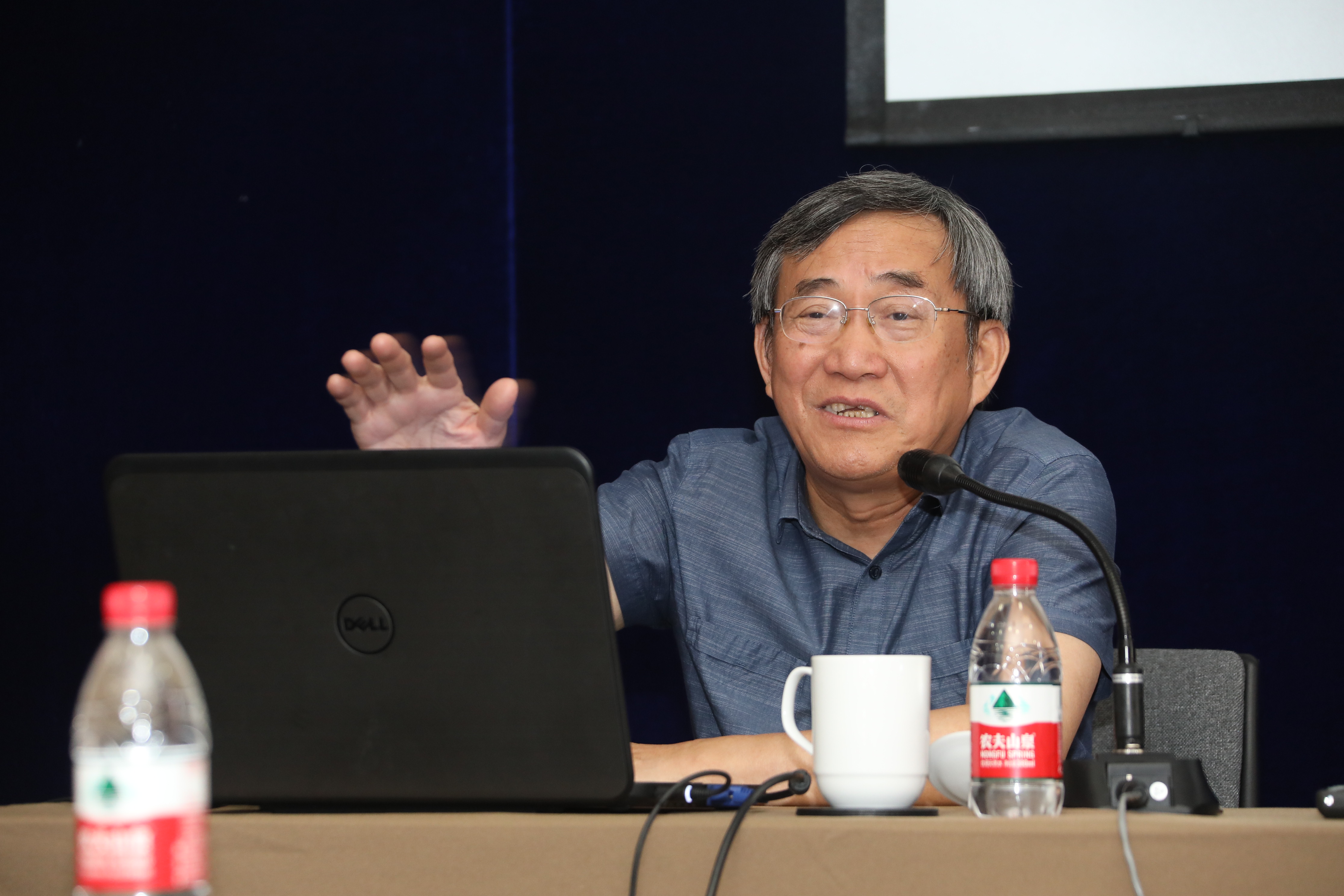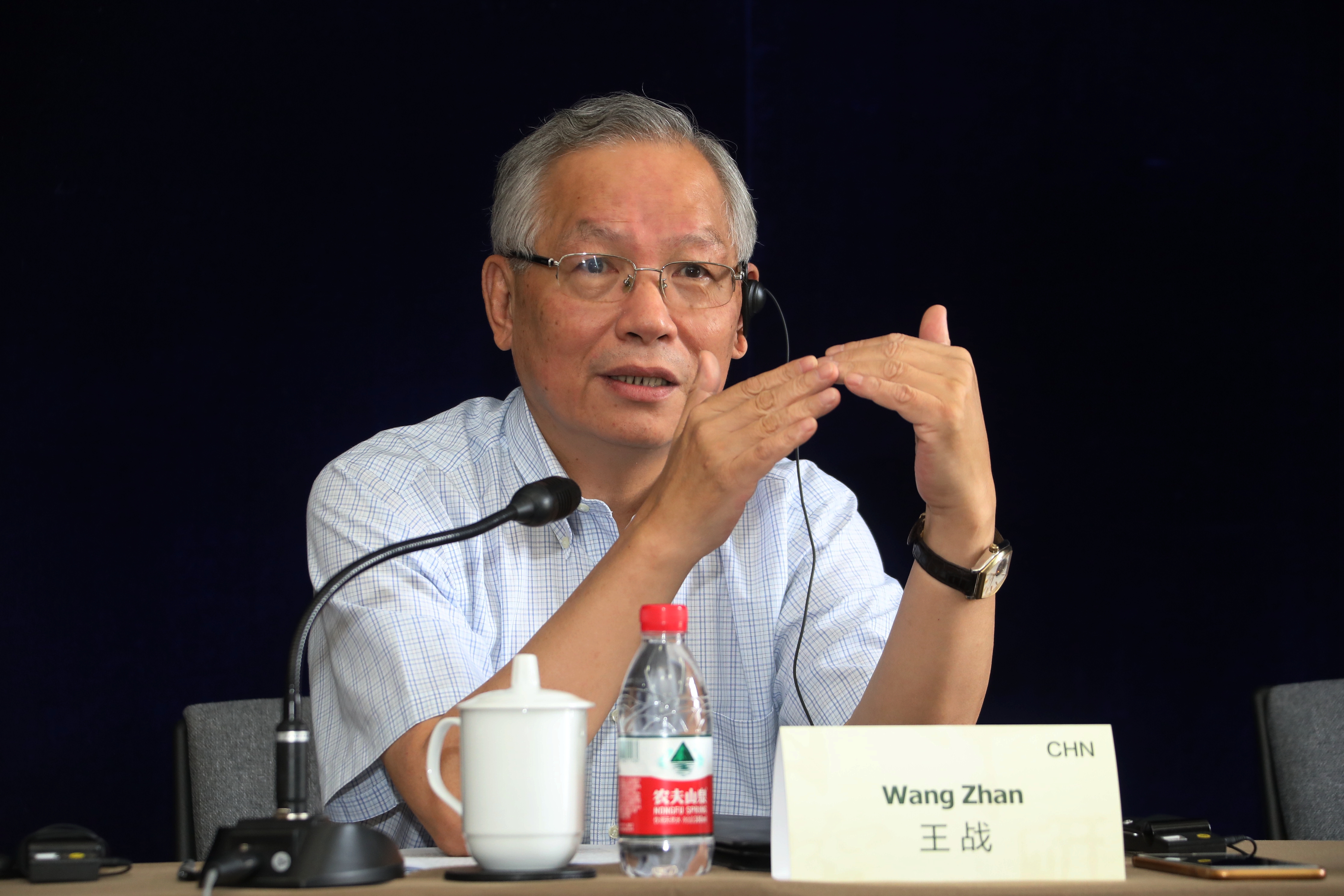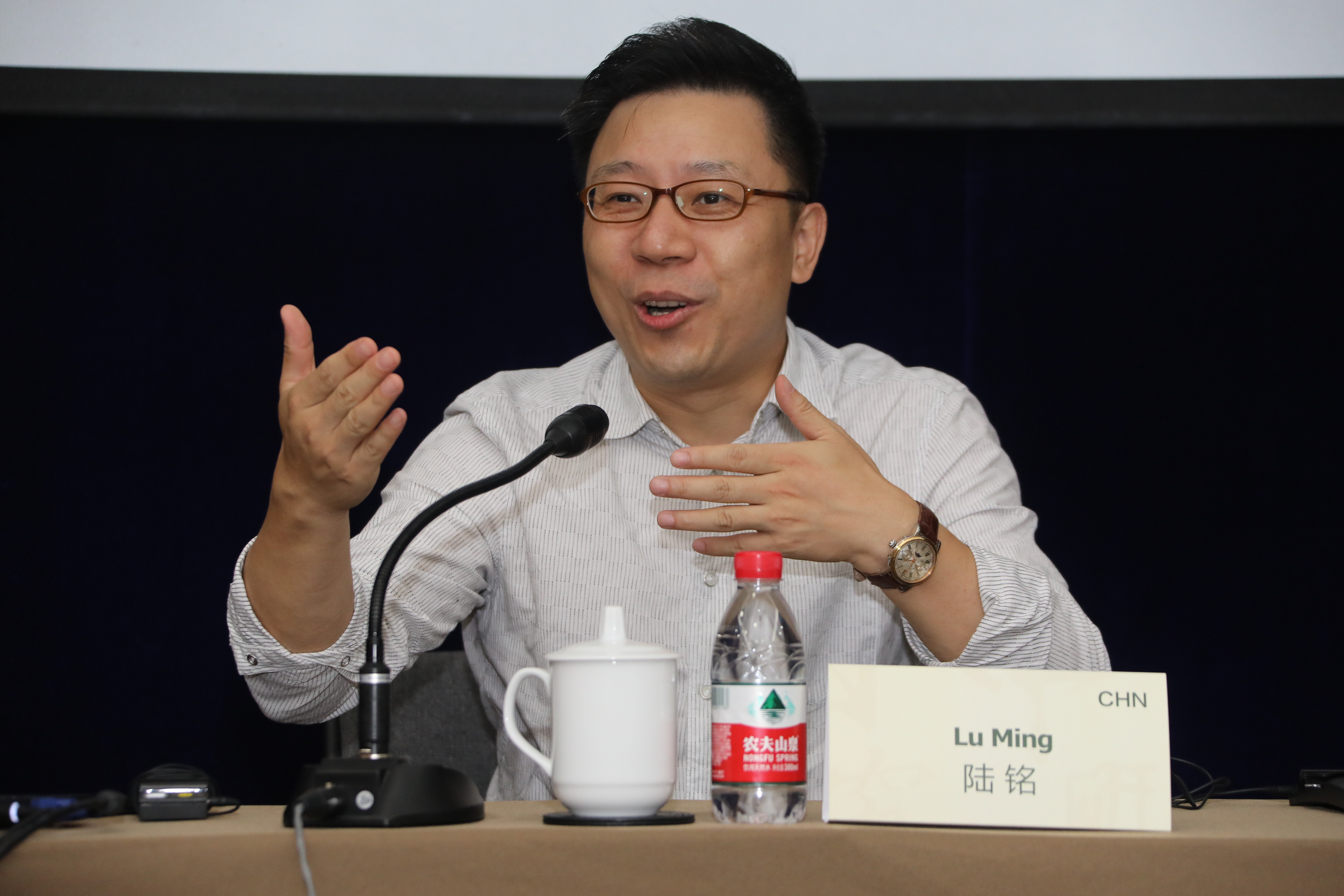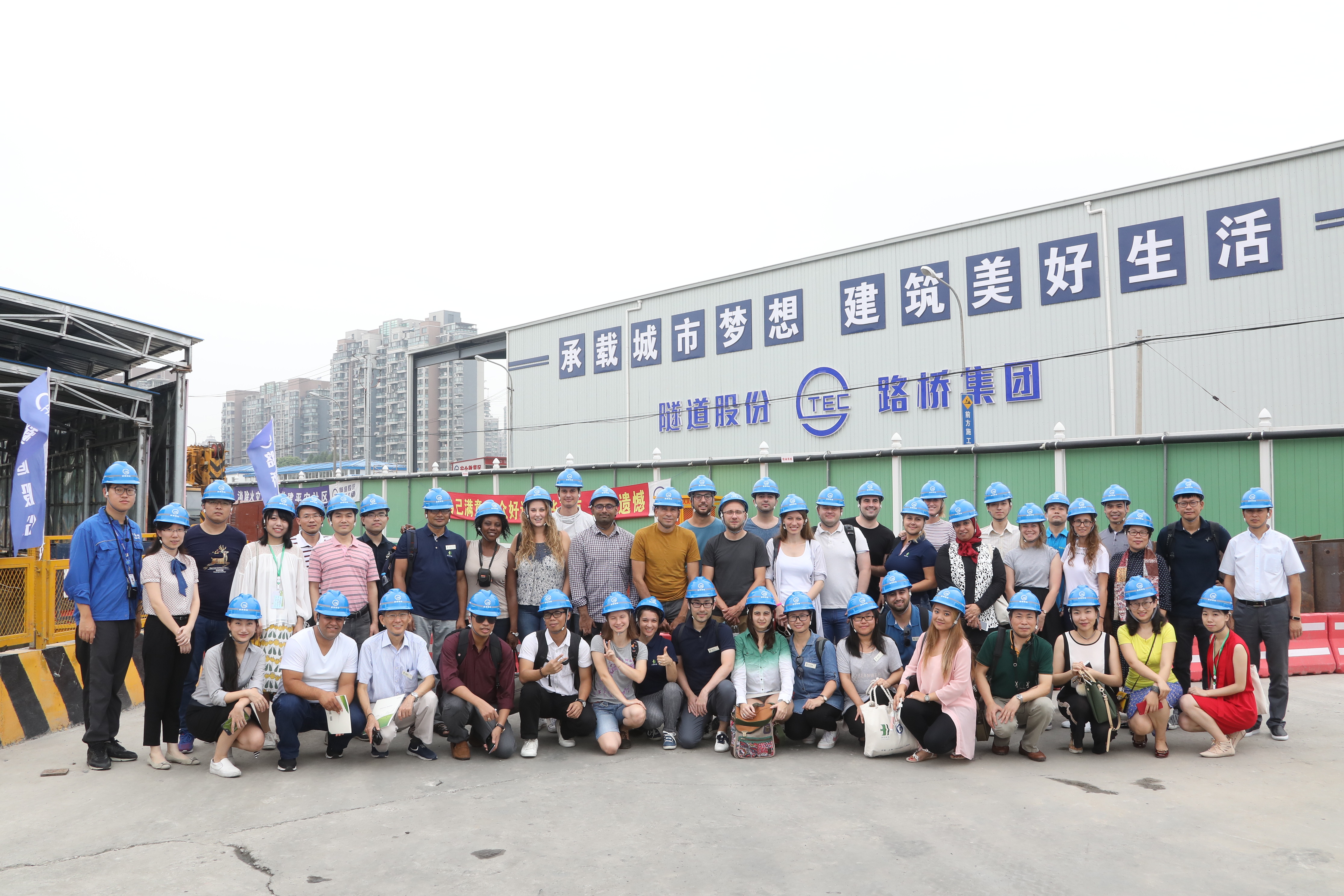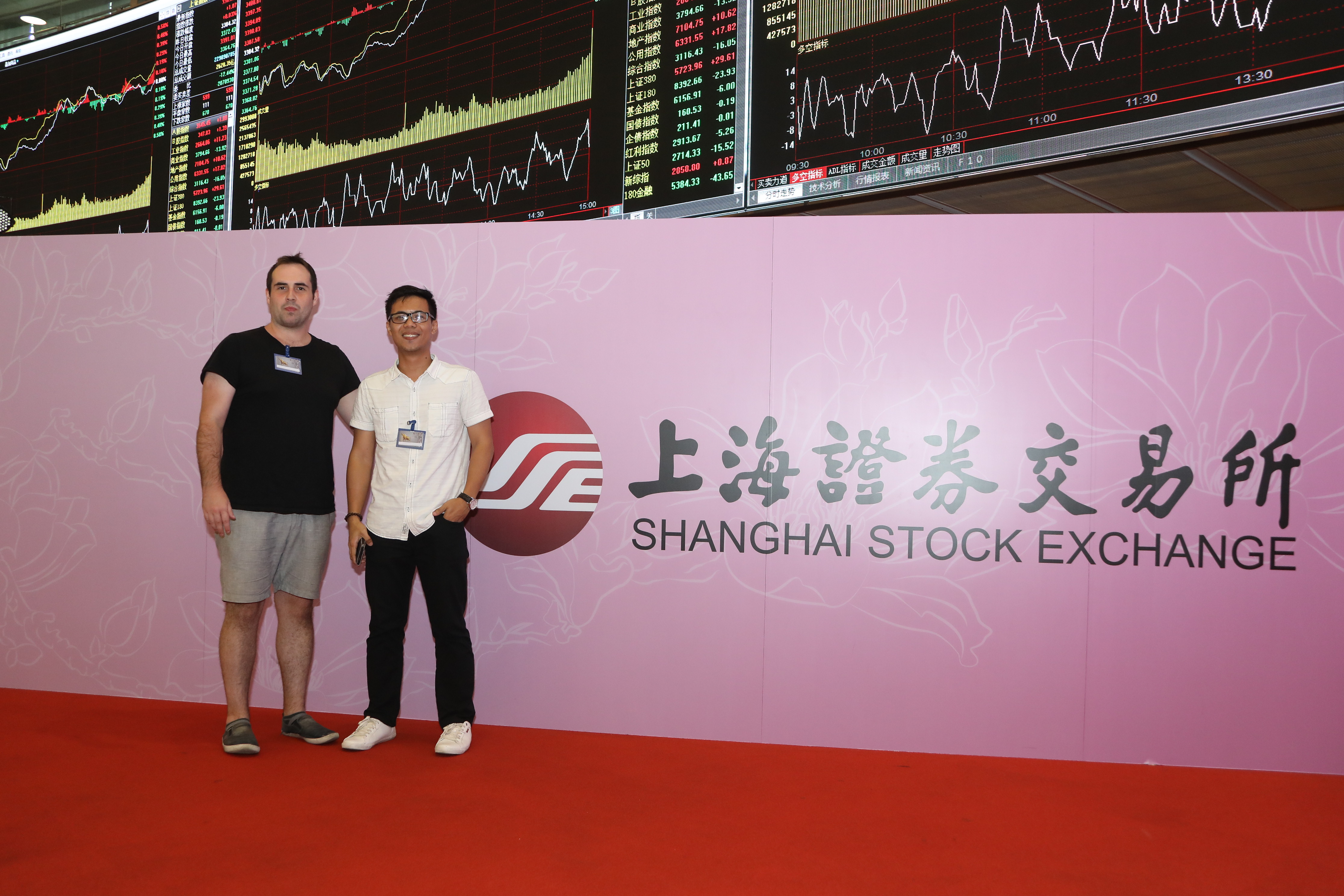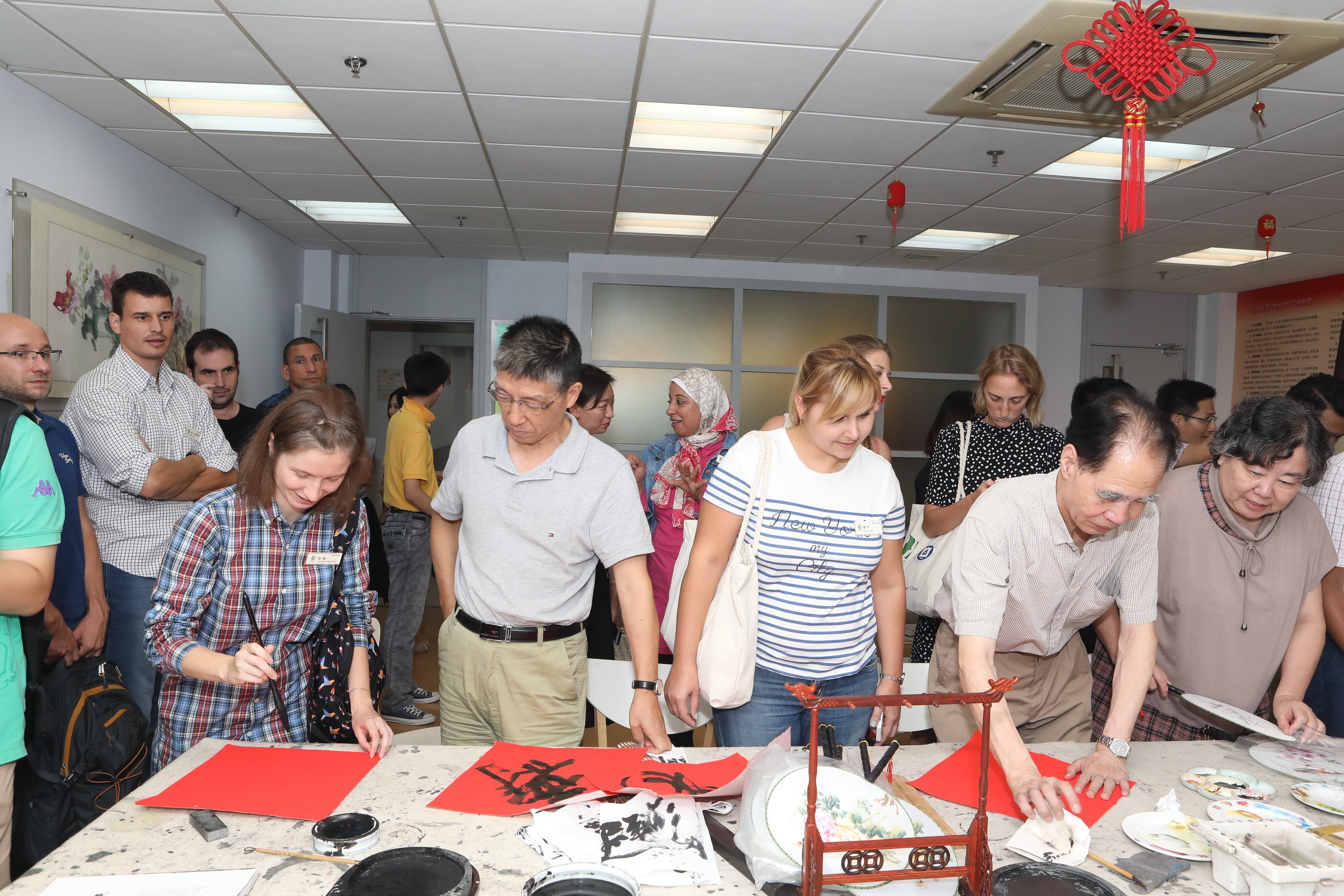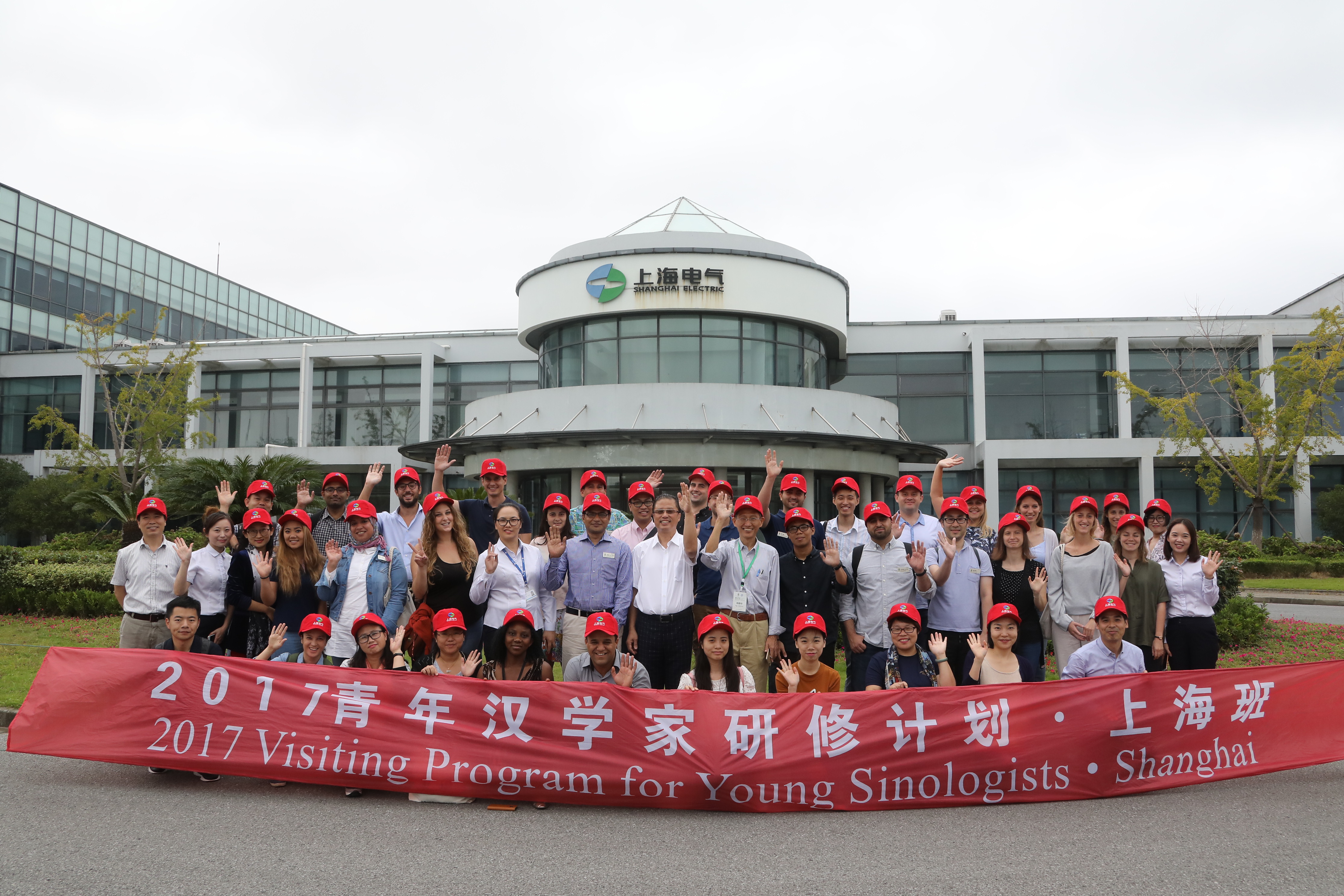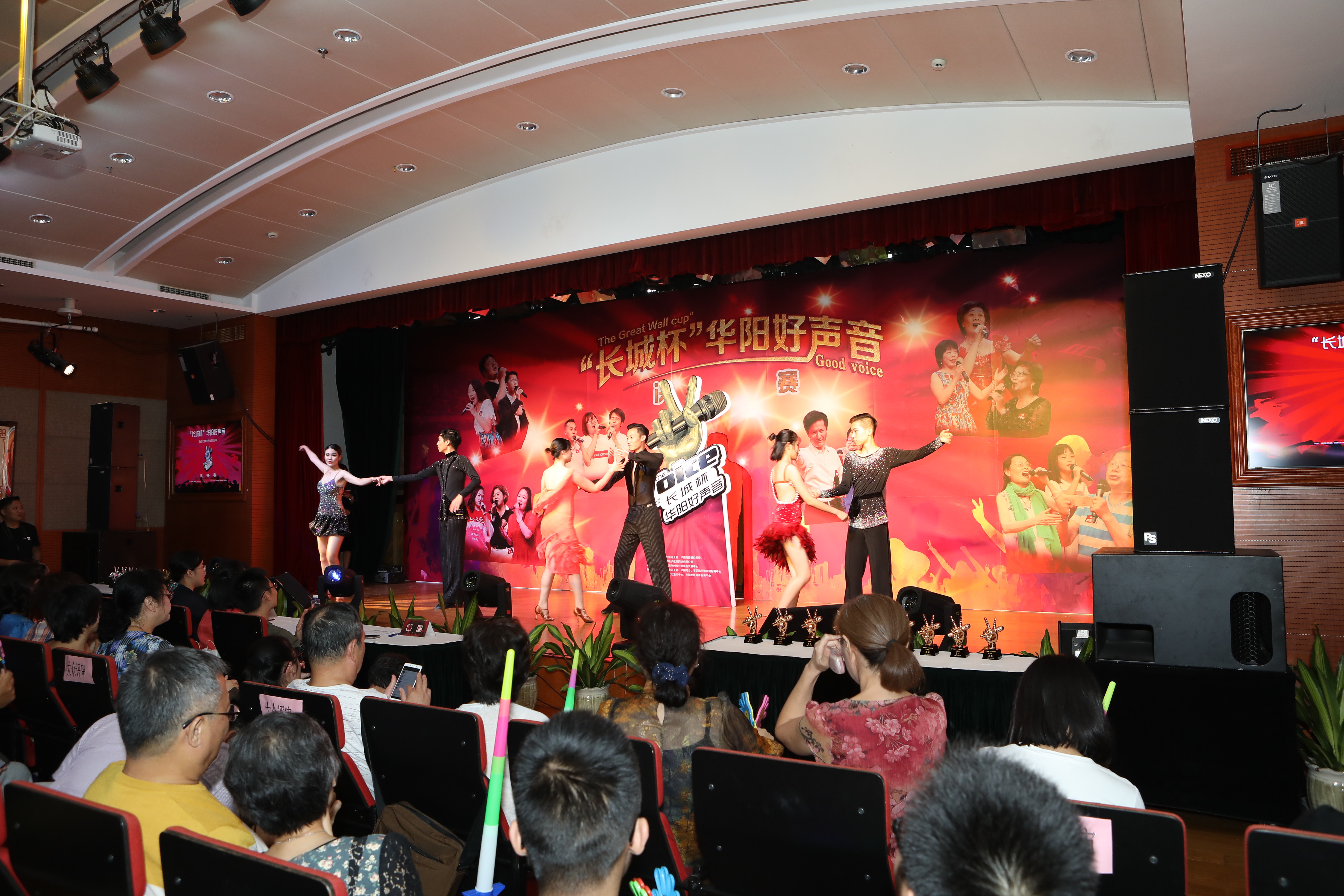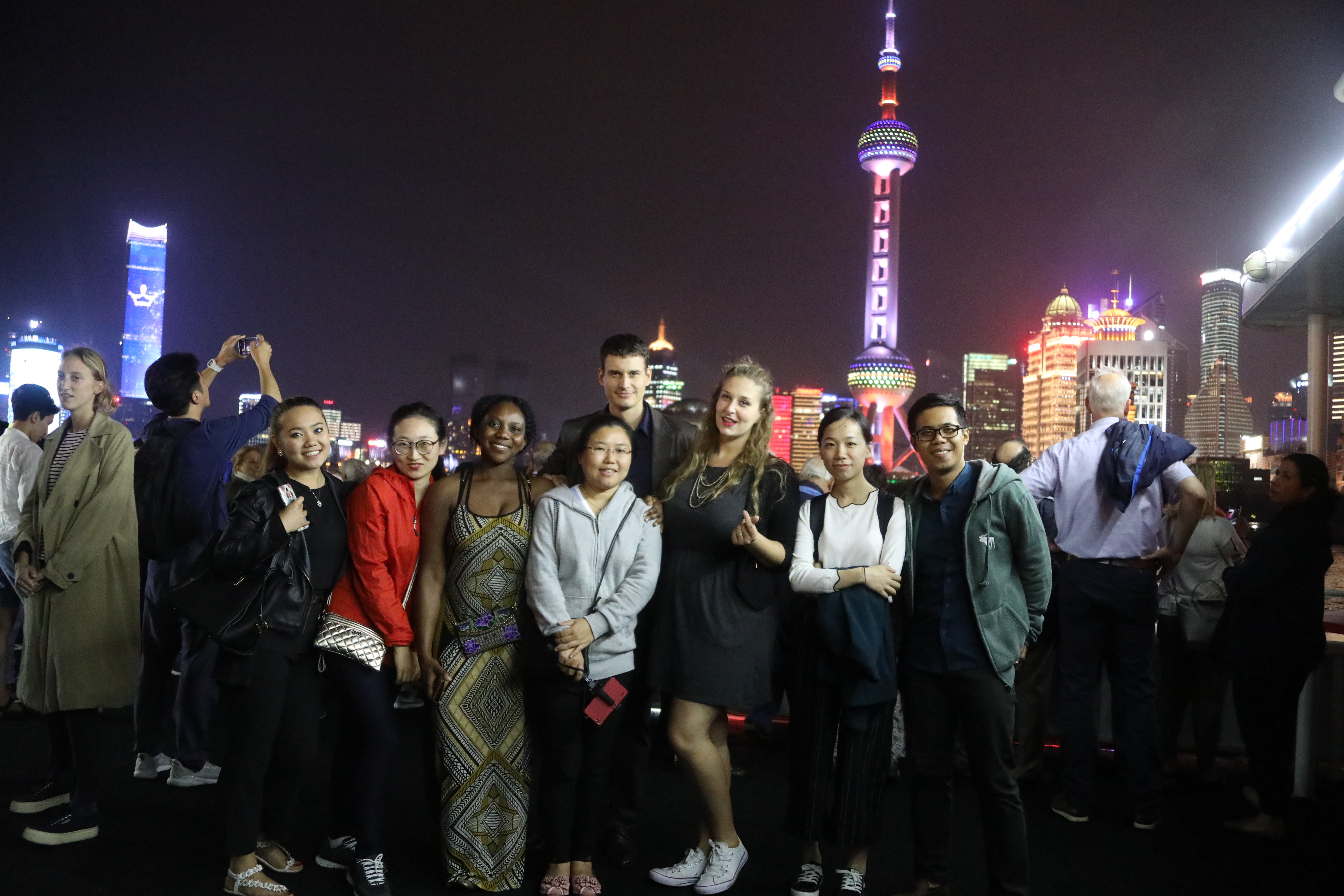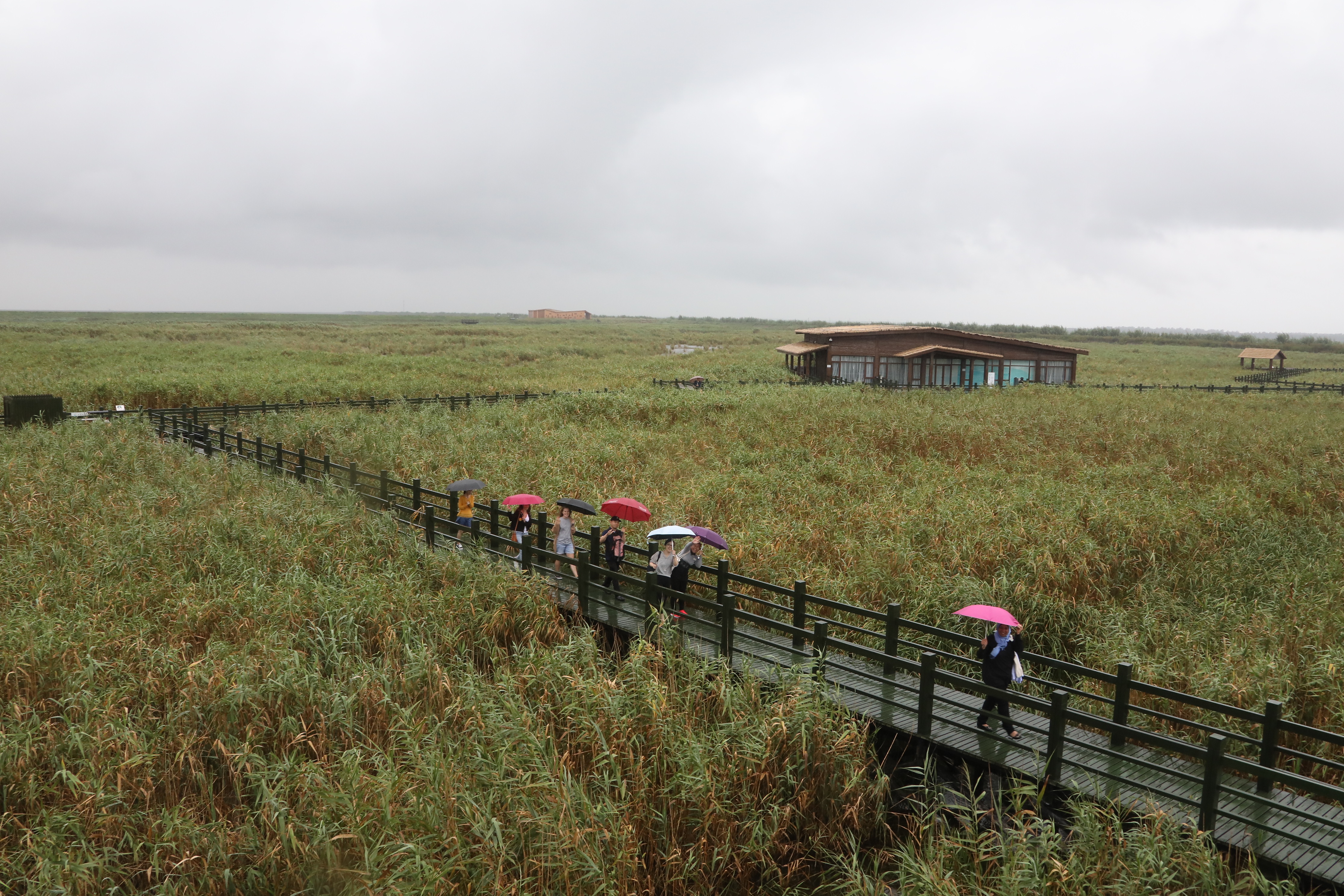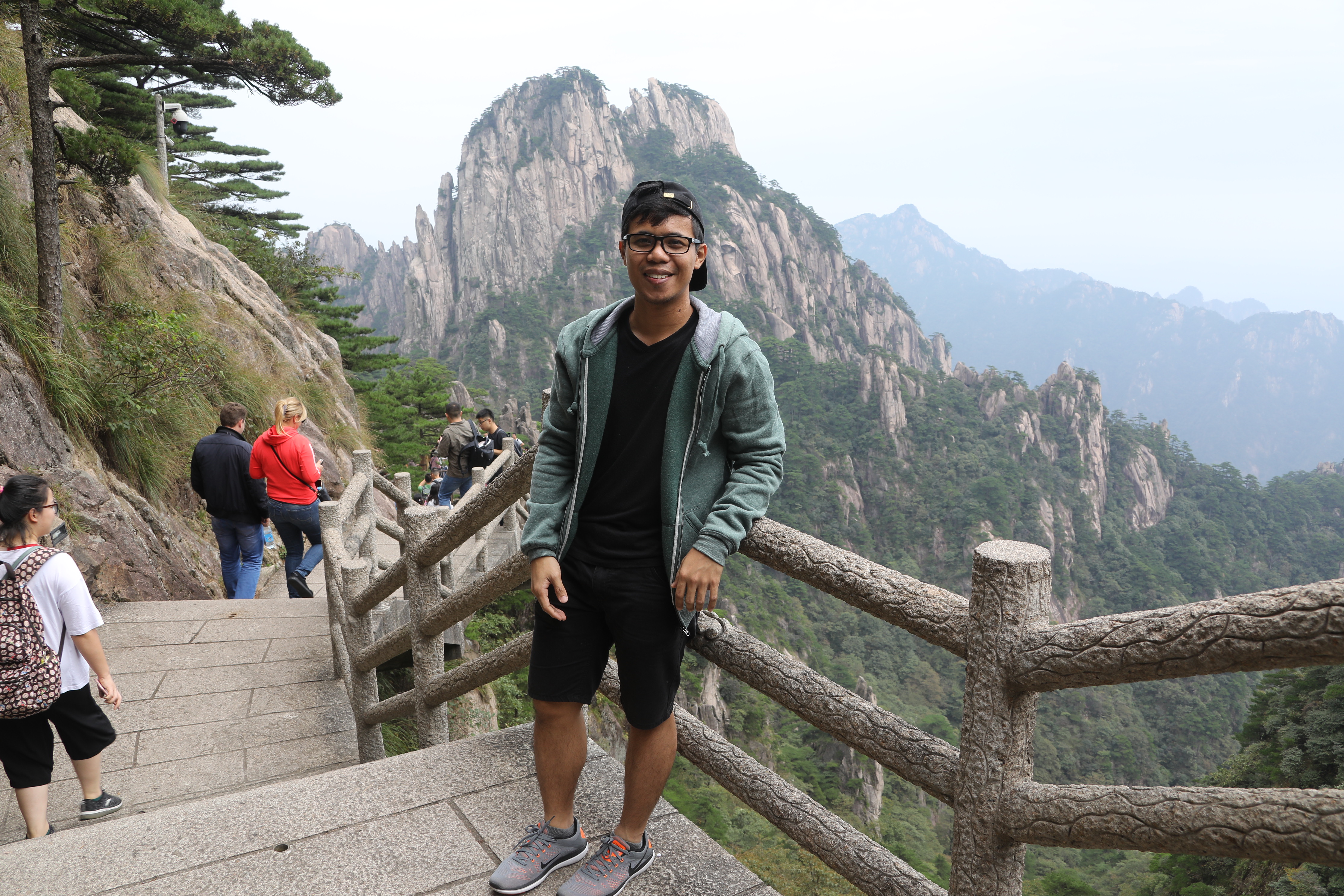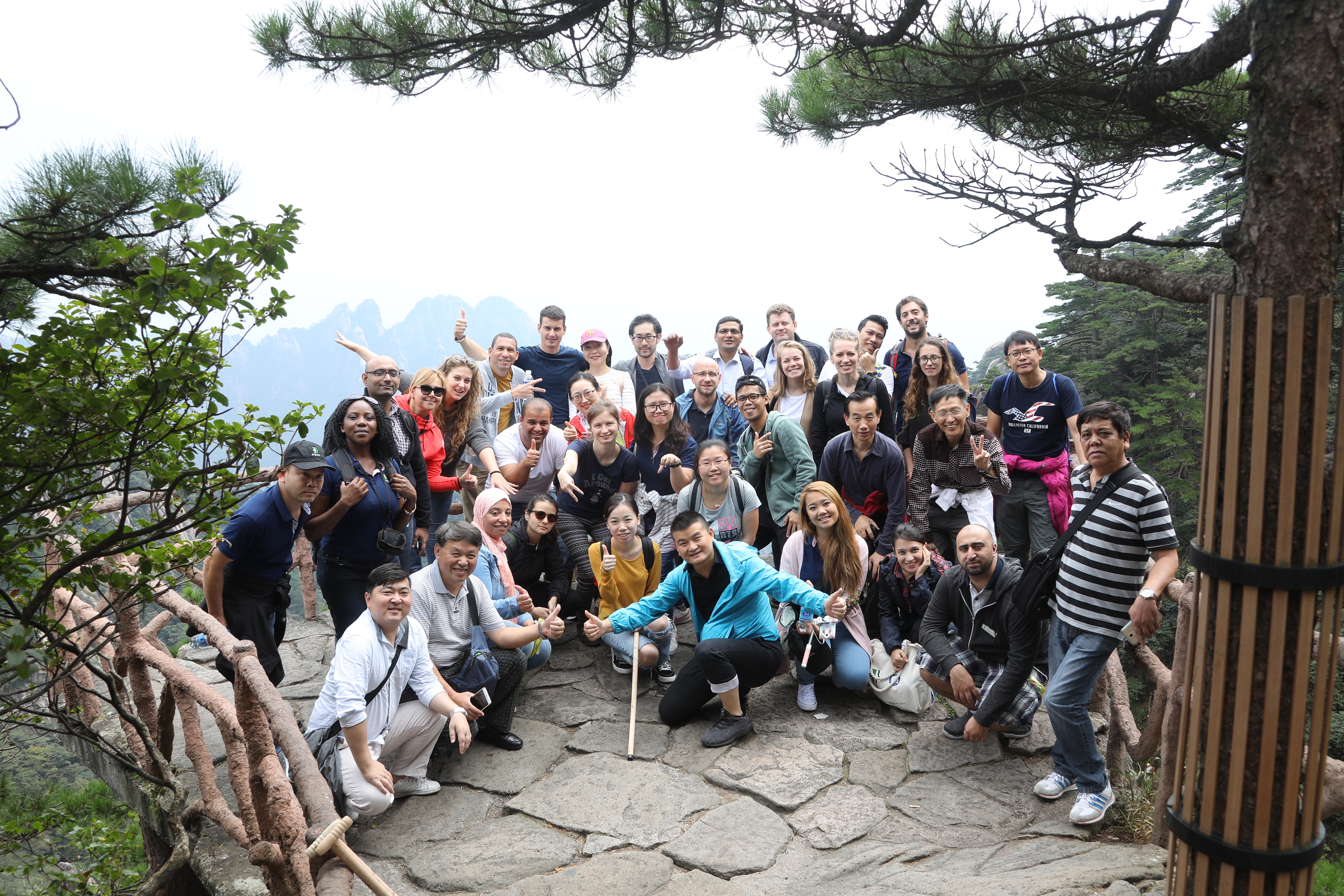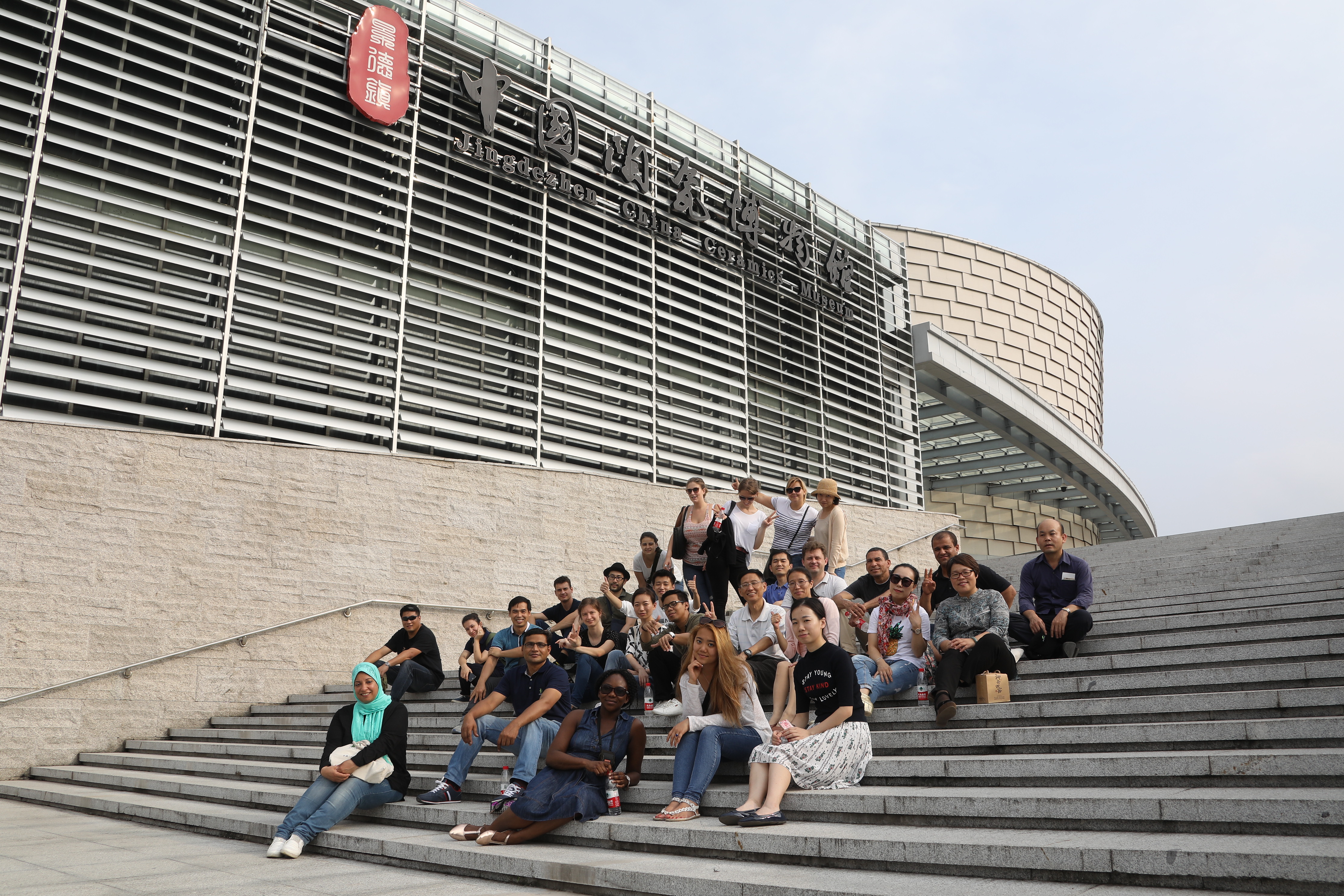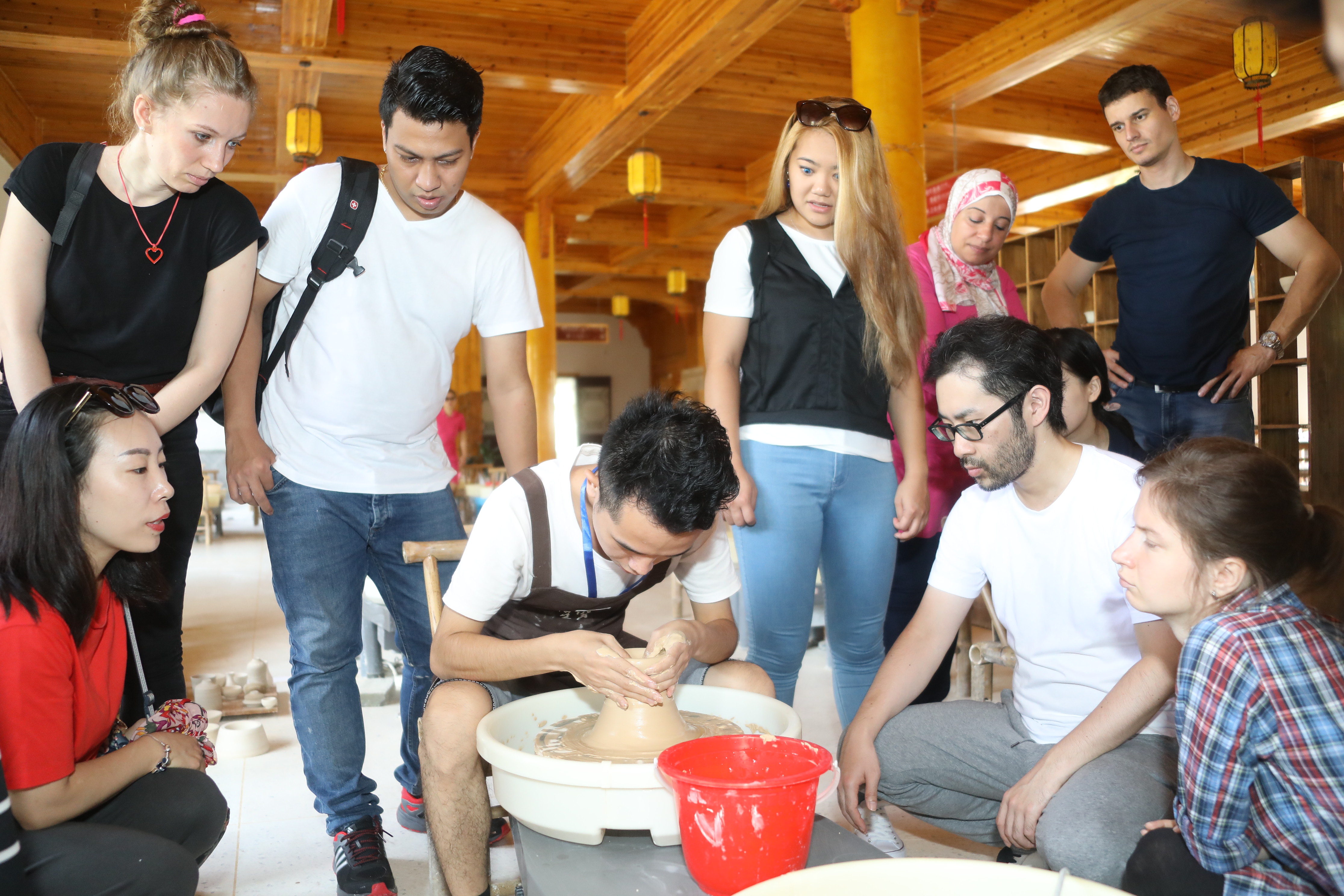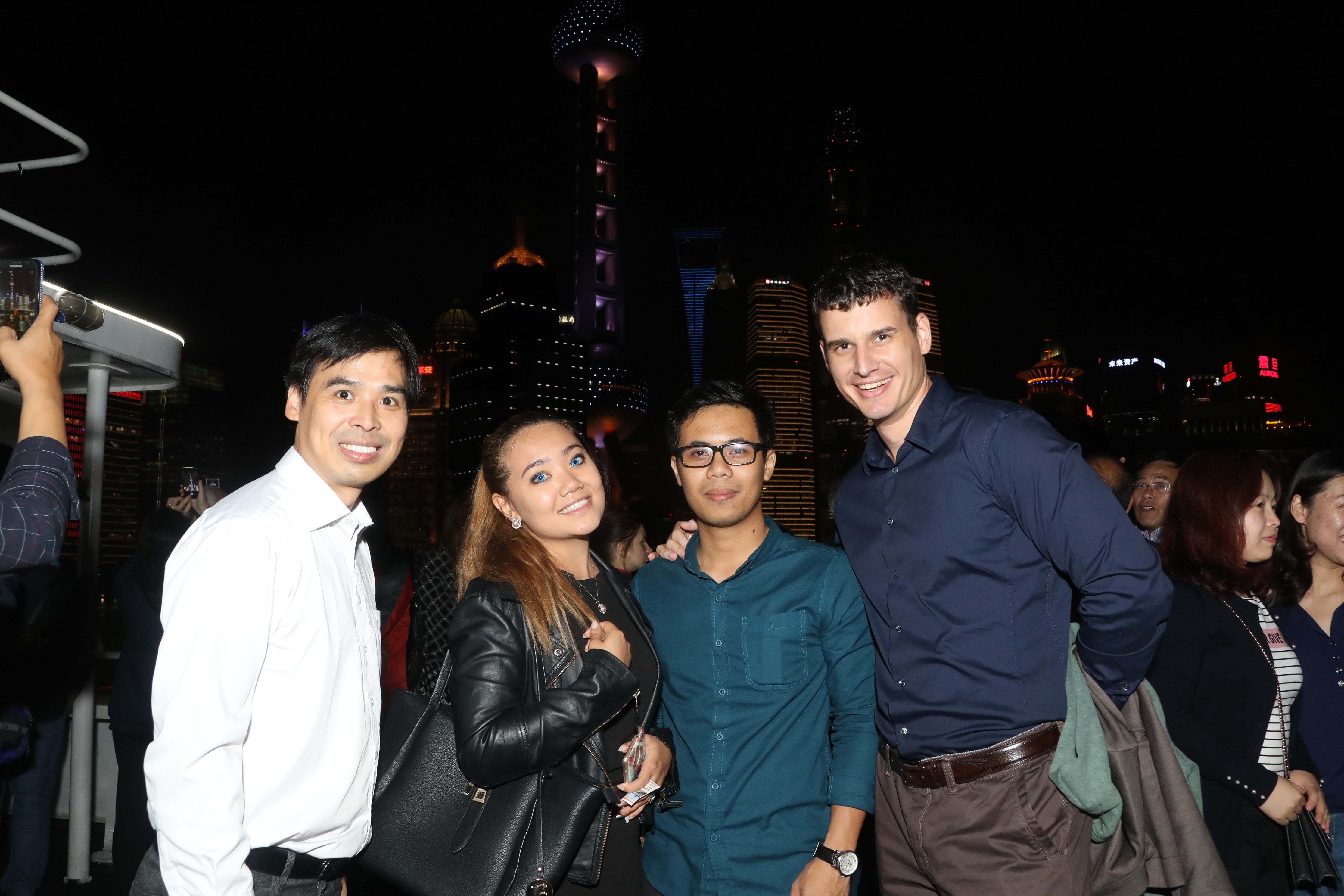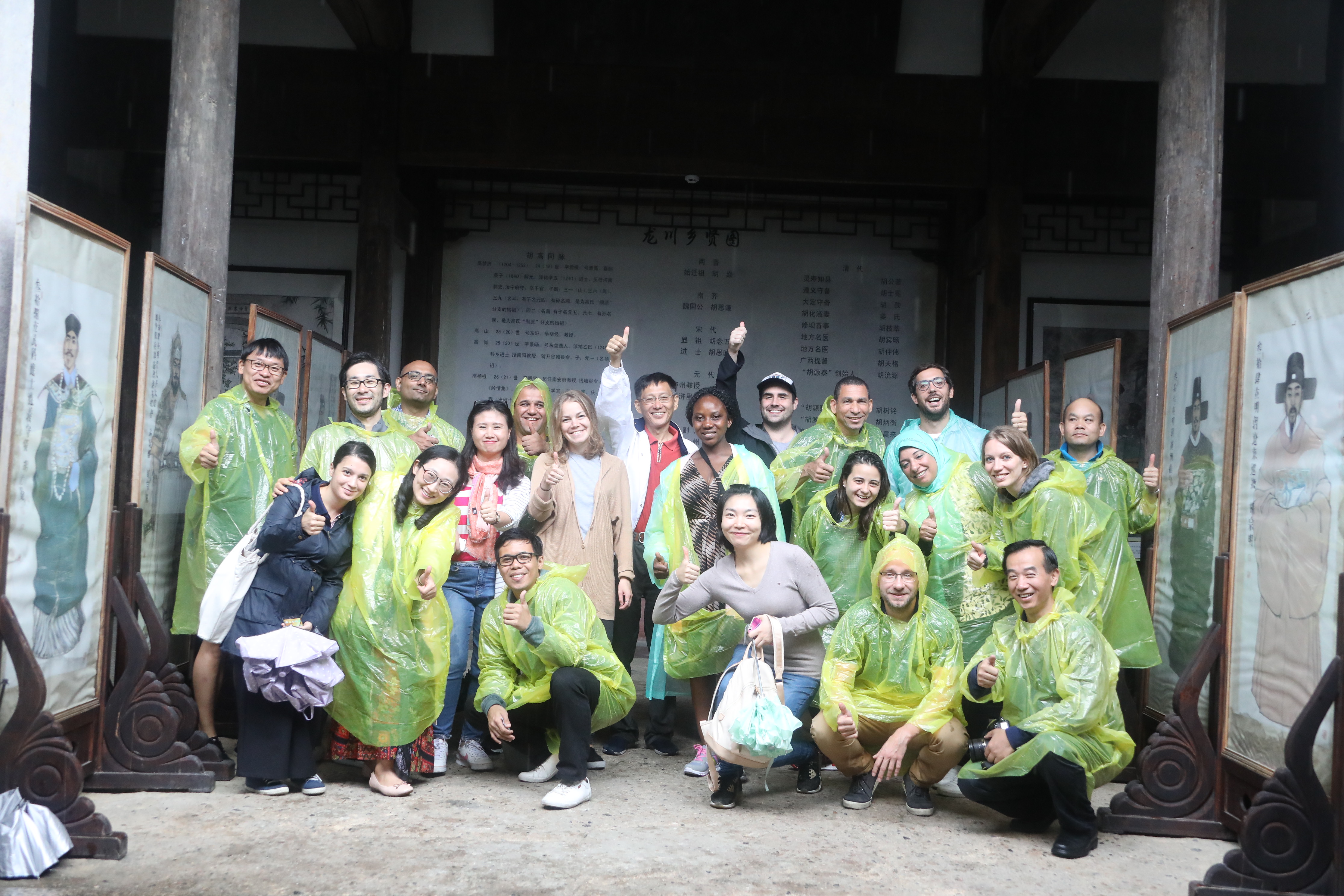“China is the future”
I’ve heard of this phrase several times already and chances are you have too. With China’s economic growth and influence placing it on various daily news media platforms all over the globe, this phrase doesn’t sound like a far-fetched prophecy anymore. And yet, in the Philippines, we really don’t know much about China beyond the media portrayals. Perhaps it is time to delve deeper.
I recently went to China for a program called the Visiting Program for Young Sinologists organized by China's Ministry of Culture last September. The program gathers different scholars from all around the world who study and conduct research on different aspects of China, to provide support especially for young scholars and to further immerse them in modern Chinese culture.
The VPYS Program has been conducted annually since 2013; for 2017, it was held in four different locations – Beijing, Shanghai, Xian, and Zhengzhou. I was accepted into the Shanghai class. The month-long program involved intensive lectures with renowned Chinese scholars and experts, research tours to expose us to China’s situation and cultural heritage, and research activities for our research papers.
On that gloomy day I arrived
It took four hours to fly from Manila to Shanghai’s Pudong International Airport. I arrived in the afternoon of September 3 and there were the organizers waiting for me in the airport, holding placards with my name on it. They brought me to the four-star hotel where we would stay for the duration of the program.
It was my first time in Shanghai, although I had been to China before – that was Guangzhou in 2015. As I had expected, Shanghai looked gloomy, not because it was about to rain, but because of the smog blocking sunlight from fully shining on the city. I would later discover that there are good days when you can see the blue sky as the smog clears up. People say there is less pollution in Shanghai than in the capital Beijing.
The organizers gave me a handbook containing stories of how the program participants ended up studying different aspects of China. I excitedly read the handbook before I even unzipped my bags, eager to know more about the others who were in the program with me. We were screened, after all, so surely, they must be interesting people. I tried to familiarize with them even before I met everyone at dinner that same night.
One of the 29
I was one of the 29 scholars from 28 countries (there were two from Italy) in the class. We are literally from different parts of the globe - Asians, Africans, Caucasians, Balkans – you can already imagine how diverse the group was. We were also of different ages and backgrounds. There were researchers and professors, economists, security analysts, and even entrepreneurs.
With this diversity came differences in our research interests as well. There were people focusing on the Belt and Road Initiative, on international relations and China’s foreign policy, economic cooperation between China and their home countries, Chinese history, language and literature, and other special topics - all focusing on China’s role in their respective fields.
English may be the global language in today’s world but not everyone in our class could speak it nor could everyone speak Mandarin. Some could speak both, while others could speak and understand only a bit of each. I was one of those who couldn’t speak Chinese at all, other than a few basic greetings and how to introduce myself.
Inside China’s great minds
The program involved a series of lectures, tours, research writing, and consultations.
When it came to the lectures, we were in good hands. We were very fortunate to have Chinese experts as lecturers on various topics. The historian Professor Ge Jianxong spoke on the topic ‘China’s geography and culture’; Dr. Wang Zhan, President of SASS, lectured on Confucianism and the Jiangnan culture; Dr. Lu Ming, awarded one of the “Outstanding Talents of the New Century” by the Ministry of Education, spoke on ‘Globalization, Urbanization, and Sustainability of the Chinese Economy’. Dr. Shen Guoming provided the lecture on ‘Rule of Law in China’; and Dr. Yang Jiemian presented on the topic of ‘New Contexts and Approaches of China’s Diplomacy.’
What was fascinating for me was I had the chance to get a peek at the insides of China’s great minds. I didn’t hesitate to ask provocative questions. During the Lecture by Dr. Shen on rule of law in China, I asked how they strike the balance when a core leader such as Xi Jinping decides not to follow the Chinese Constitution. When Dr. Lu presented the grave problems in sustaining China’s economic growth, I asked whether he sees the predictions of China being the top economic country in the future being likely to happen.
Unfortunately, it seems like the Chinese are not yet ready to answer these kinds of questions. I wasn’t given a categorical answer. They evaded answering my questions directly or answered with phrases that are parallel with the official line of the government – China does not aspire for top economic player status.
Different faces of China
I can easily say that the tours were the most fun part of the program. It was during these trips that we saw and learned first-hand about the great China culture. The group also bonded well while witnessing beautiful sceneries that we don’t usually see in our own countries. Through the tours, we actually saw how progressive and beautiful China is.
We visited places both within and outside Shanghai which includes the Shanghai Tunnel Engineering Company, Shanghai Electric Company, and the Shanghai Stock Exchange to give us a glimpse of China’s rapid modernization and large-scale infrastructure projects. We visited the site where the Communist Party of China was founded, to deepen our appreciation of China’s founders.
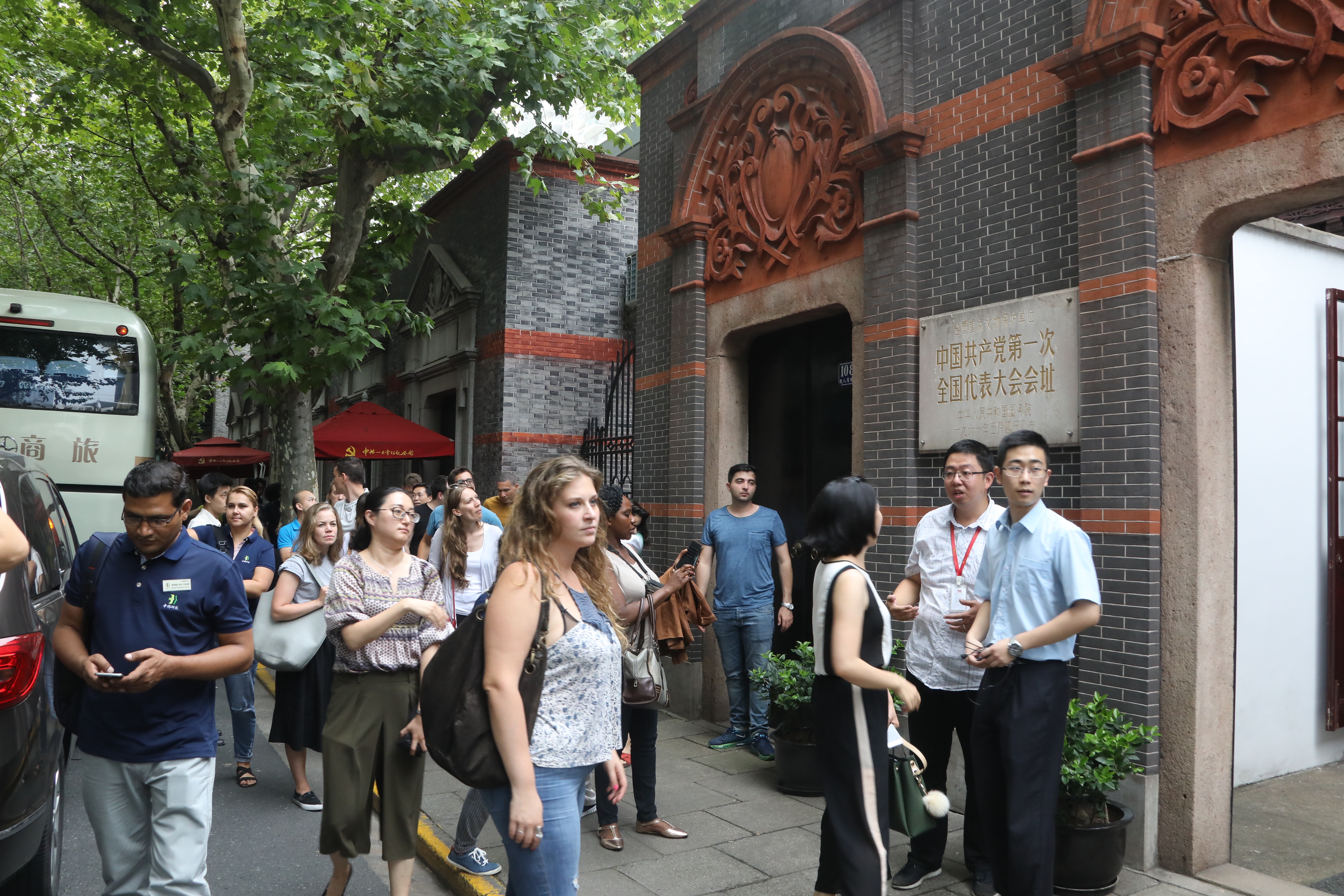
We toured the Shanghai Intermediate People’s Court and Huayang Cultural Center. One of the most amusing things for me was when we were invited to a local singing competition hosted by the Cultural Center. It was like a local version of The Voice, a full production and fans holding placards of their favorite contestants. It was fascinating for me to see Chinese people just enjoying what Filipino also love doing. The vibrant and youthful mood filled the air and it was contagious.
I especially loved seeing the famous Bund as we cruised on the Huangpu River. The cruise shows the beautiful lights of Shanghai’s Financial District, indeed the picture of a modern city. Outside Shanghai, we visited Chongming Island, a 3-hour bus ride away, where rural life and innovation converge.
We also went to far-away Anhui province where the famous Huangshan (Yellow Mountain) is, and Jingdezhen which is known for its porcelain not just in China but all over the world.
Huangshan in Anhui is one of the most famous and beautiful mountains all around the globe. It was named a UNESCO World Heritage Site in 1990. It took a 4-hour train ride to get to Anhui, where we stayedfor three days before returning to Shanghai via plane. The view when you reach the top of the mountain is absolutely breath-taking: ‘Heavens meets earth’ as the clouds and the mountains mergeinto one breath-taking site of nature.
After flying to Jingdezhen, we were brought to the massive Jingdezhen China Ceramics Museum which houses a huge collection of rare ceramics. We visited the oldest and biggest kiln sites and were taught how these porcelain jars are made; we even had hands-on experience as potters for a day!
The Jingdezhen trip was the last tour of the program. Before we knew it, it was already time to go home. I definitely learned much from all the lectures, the visits, and all the people around me. Everyone was just exuding wisdom and all I had to do was absorb all the lessons I could like a sponge.
I have lots of realizations and takeaways from the trip. The program was successful in immersing us in Chinese society and showing different facets of Chinese life. Shanghai seemed the perfect place, with its very modern parts such as the Financial District, and other areas that looked less advanced .
But as one of the professors said: “If you want to see China’s past, go to Beijing. If you want to see China’s future, go to Shanghai.” Shanghai is modernizing very rapidly and with China’s Belt and Road Initiative being unrolled, it would seem like Shanghai’s development will even be faster.
Human at the core
One of my main take-aways from the lectures was that in order to understand how the Chinese think, we must free ourselves of the Western mindset that many of us have. China has different values from those of the West, and forcing preconceived notions on efforts to understand them will only lead to conflict.
For example, it was said during one of the lectures that the West puts heavy emphasis on the individual. On the other hand, China views things holistically. They like to view the whole rather than the parts and put more importance to it. They act collectively and they don’t have a problem being under authority. This has been their culture for many years but yes, it can and will change. However, as long as such values remain, we must respect them and approach the Chinese with this understanding in mind.
Now that we’re talking about understanding, let me discuss a bit about communication. I originally thought the language barrier would be a major problem in understanding those who couldn’t speak English. But as we went along, this communication gap mattered less and less. I realized I could still ‘communicate’ even with those who can’t speak English. Hanging out with them, we were still able to laugh about certain things.
I didn’t see this until one of my co-delegates asked how I was able to have a conversation with the non-English speakers. And I realized we didn’t even have to speak the same language, we just need to be human. Since we have the same needs and wants as humans, it was very easy to understand each other at the most basic level.
Another good thing I discovered is that when you are forced to live in an environment where you have no choice but to adapt, then you will adapt. As days went by in the program, my Chinese vocabulary started expanding just by being around Chinese-speakers. Eventually, I learned some handy phrases such as ‘my Chinese is not good’, so people will talk to me in English, or ‘where is the comfort room?’ since I asked that a lot.
Now, imagine what could happen if we actually spoke the same language. Our discussions would be deeper and the range of things we could talk about would be limitless. The time has come for us to start understanding China from their perspective, and this is where the VPYS program had so much value.
But beyond China, the world is very big, and being with these 28 other people from all over the world opened my eyes. But even with these eyes wide open, I know there are still many things that I cannot see. The program made me realize that trying to understand each other is where we should all start. Now every time I take a look at our class picture (taken during the first official day of the program), I will always be reminded of humility, sympathy, friendship, love, and all the values the 28 individuals shared with me.
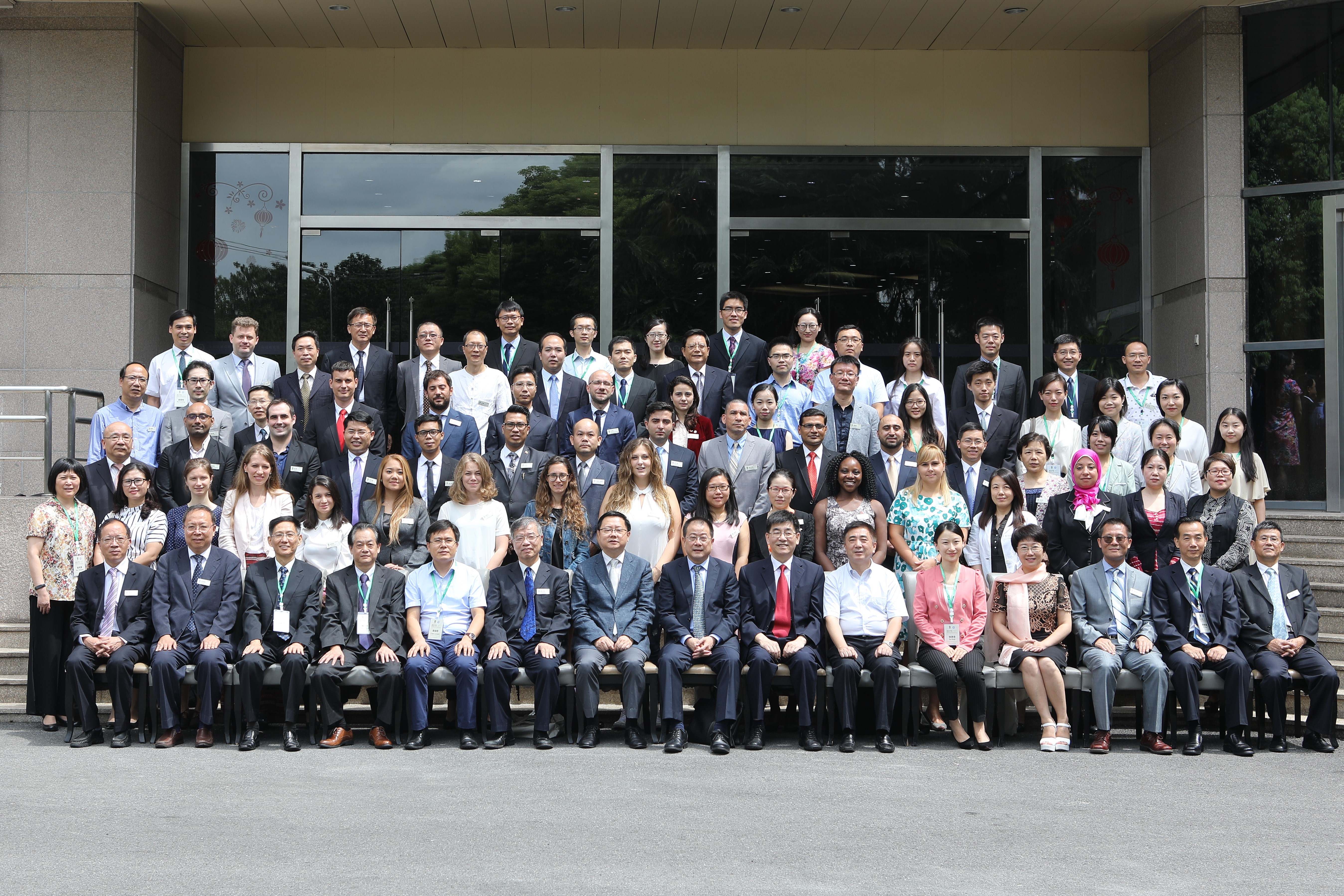
***This article is a feature written by Philip Vincent Alegre, Program Assistant of APPFI, on his experience in attending the 2017 Visiting Program for Young Sinologists in Shanghai last September. All photos in this article are taken from the official program photographs distributed to the delegates.




